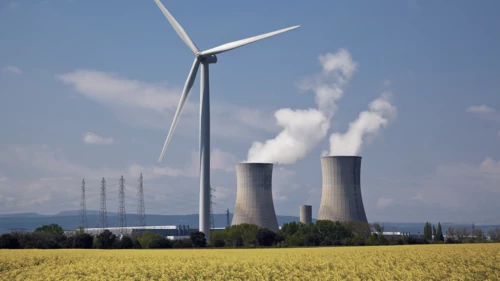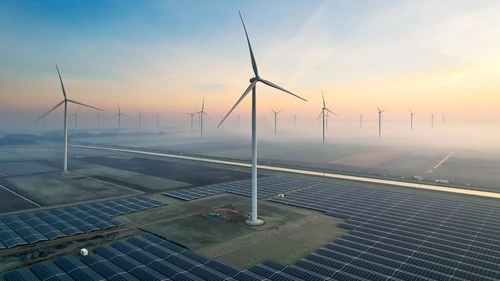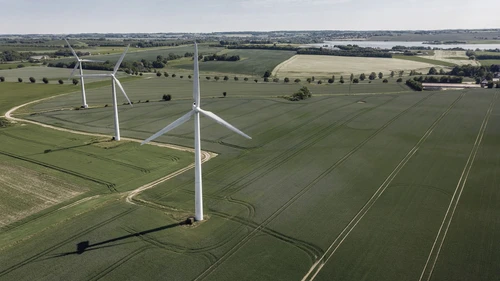
What is ESG?
ESG is used as a model for investing and screening. ESG stands for Environmental, Social and Governance. This is also called sustainability in many cases.
Read moreESG stands for environmental, social and governance, and refers to the three key factors widely used to evaluate how companies, countries and other actors contribute to sustainable development

ESG is used as a model for investing and screening. ESG stands for Environmental, Social and Governance. This is also called sustainability in many cases.
Read more
Sustainability
Over the past few years, interest in nuclear energy has made a comeback, with its inclusion in the EU Taxonomy and a COP28 pledge to triple nuclear capacity. In a new report, Nordea’s ESG Research team examines this renewed interest.
Read more
Sustainable finance
2023 was another banner year for the Nordic sustainable bond market, with over USD 60 billion in sustainable issuance for the year and record volumes in three quarters.
Read more
Sustainable finance
"Transition finance" has gone from being a bullet point in a list of key themes to being the overarching theme in sustainable finance, says Nordea Sustainable Finance Advisory's Jacob Michaelsen. He explains why and shares the main topics on the agenda in 2024.
Read more
Corporate insights
After several difficult years, the Nordic cleantech sector looks set for a comeback. Some of the past headwinds are receding and may even turn into tailwinds, according to a new report from Nordea’s ESG Research team.
Read more
Sustainable banking
Today we have published our new progress report “Climate actions and targets for the lending portfolio ”. The report addresses the climate actions we take for the sectors where we have set targets in line with our commitment to the Net-Zero Banking Alliance (NZBA).
Read more
Responsible investments
As a responsible investor Nordea has joined the Investor Initiative on Hazardous Chemicals (IIHC) where over 50 asset managers are trying to impact companies to phase out the use of hazardous chemicals.
Read more
Sustainability
According to experts and the SMEs themselves, knowledge, specific tools and greater focus on commercial potential are essential factors if SMEs are to attain the objective of green transition.
Read more
Sustainability
The green transition will not happen without a radical overhaul of the electricity grid. This urgent need opens up significant opportunities for companies and investors exposed to the theme, particularly in the Nordics. That’s according to a new in-depth report from Nordea’s ESG Research team.
Read more
Sustainable banking
Today the United Nations Environment Finance Initiative (UNEP FI) publishes the first industry guidance on biodiversity where Nordea has been part of the working group. In this connection Nordea publishes its first thematic guideline on biodiversity.
Read more
Sustainable finance
With the latest quarterly data now in, the Nordic bond market looks set to continue its unbroken trend of sustainable volume growth for another year. Supported by record H1 sustainable volume, the slightly reduced Q3 figures were enough to take Nordic sustainable bond supply to a new year-to-Q3 high.
Read more
Sustainable finance
Meet Catrine Birkevold Liem, Nordea Sustainable Finance Advisory’s country lead for Norway. She reflects on banks’ role in enabling a real sustainable transition, as well as challenges, trends and game changers in the field.
Read more
Sustainable banking
The new sector targets are important tools in reducing carbon emissions across Nordea’s lending portfolio and in supporting our customers in two sectors that are crucial for a net-zero future.
Read more